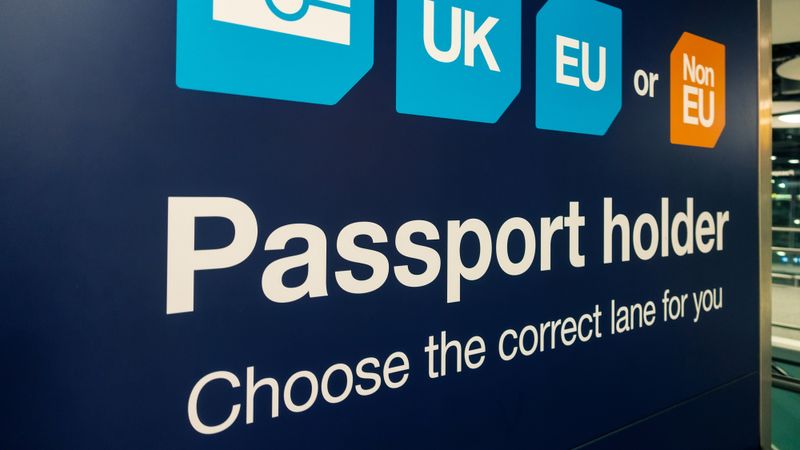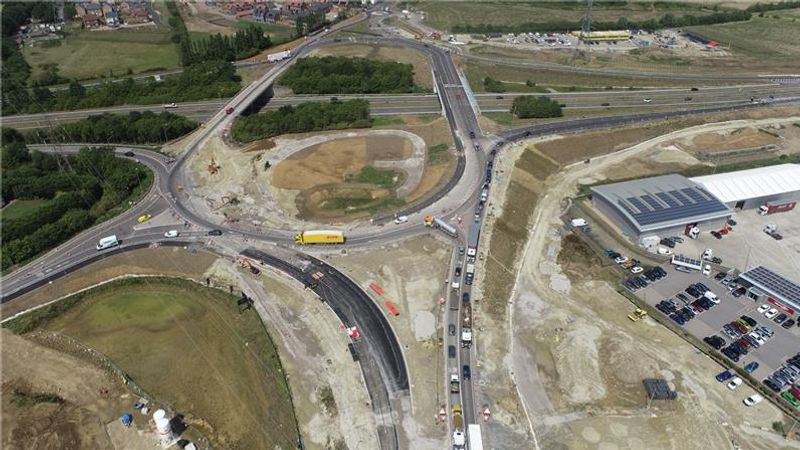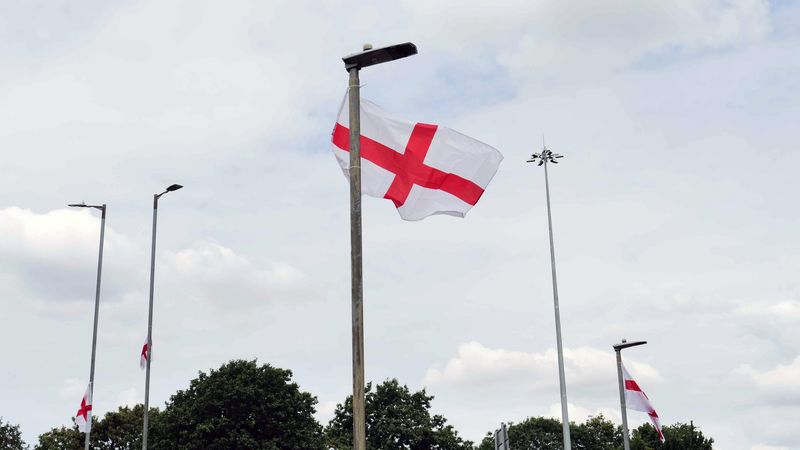Roger Gough is deeply concerned that the introduction of the new EU facial and fingerprint checks at the borders could have a very serious impact on Kent and lead to long delays on the county’s roads.
The new EES checks will require travellers from countries outside the EU to register biometrics such as facial and fingerprint scans at their first point of entry.
Working with district and borough councils, and the county’s MPs, Roger Gough continues to press central government to support KCC and all partners of the KMRF to manage the impact of the new checks to protect Kent residents, businesses and public services by strengthening local transport networks.
“I was encouraged to see that, over a very busy Easter period, Operation Brock did what it needed to do in keeping traffic moving through and around Dover.
“I am also grateful that the Police aux Frontières (PAF) officers at both the Port of Dover and Eurotunnel. France and the UK have worked closely together to prepare for the management of the shared border, particularly during periods of increased traffic. This ensured that plans were in place at the juxtaposed controls on both sides of the channel, and that people were able to complete checks as quickly as possible and continue their onward journey to Europe.
“We now need to ensure that central government is listening to, and swiftly acting on, our serious concerns about the new EU EES checks, and doing everything in its power to minimise any delay and disruption with improved infrastructure, information, and intelligence.
“Our absolute priority is to make sure that everyone travelling through Kent when the checks come into force is fully informed and can reach their destinations safely and without delay.”
The KMRF has thanked people living and working in Kent, businesses and road users for their understanding and patience over Easter, after Operation Brock was put in place to deal with very high passenger numbers travelling to the continent during the school holidays. The contraflow system was removed on 7th April.
Ongoing refinements to the multi-agency approach to managing travel disruption on routes to Europe are having a positive effect, notably in keeping the Round Hill Tunnels at Folkestone open and the surrounding local roads and Dover free from congestion.
Together with the Dover Traffic Assessment Project (TAP) on the A20, where HGVs are filtered into the port, Operation Brock served to keep the roads of Kent running by providing a buffer zone for freight with nearly 650 lorries held and managed on the M20 over the bank holiday weekend.
Simon Jones, Strategic Lead for the KMRF, which oversees Operation Brock’s deployment, said: “Ensuring the smooth running of traffic through Kent is the top priority and, once again this Easter, we saw how Operation Brock is an effective measure to keep Kent moving at times of increased traffic on our road network.
“At this point in time the contraflow system, which acts as a pressure valve in holding back traffic to prevent overwhelming the routes into Dover, is the only tool we have to prevent more serious delays and disruption, not only for drivers heading to Europe, but for communities surrounding the M20 and A20.
“The deployment of Brock, Dover TAP, traffic management officers in Dover, plus, on occasion, at Brenley Corner, have served to manage freight and minimise disruption, not only in Dover but also for the wider East Kent road network.
“We are now totally focussed on the introduction of new border checks later this year, and constantly reviewing government data and figures, to ensure we have the most effective traffic management measures in place that we possibly can to keep traffic moving through the county and across to the continent.”
“As always, we want to say a big thank you to residents, businesses, tourists and hauliers for their patience and understanding during the busy Easter period.”
Further information
Operation Brock is the altered road layout between Junctions 8 and 9, which reduces the impact of traffic congestion by directing lorries heading for mainland Europe onto the motorway’s coast-bound carriageway. During any potential period of delays the flow of HGVs to the ports can be managed, while all other traffic can continue its journey in both directions using the contraflow.
The installation of Brock means lorries heading to mainland Europe are legally required to follow the signed HGV routes to the Port of Dover and Eurotunnel. The operation is monitored 24 hours a day by the KMRF partner agencies including KCC, Kent Police and National Highways.
- For information of the new EES system, being brought in by the European Union and which impacts non-EU passengers, see: EES - European Union (europa.eu)
- National Highways has an Operation Brock page, which includes its status.
- If you are travelling to or through Kent visit our check before you travel webpage.




